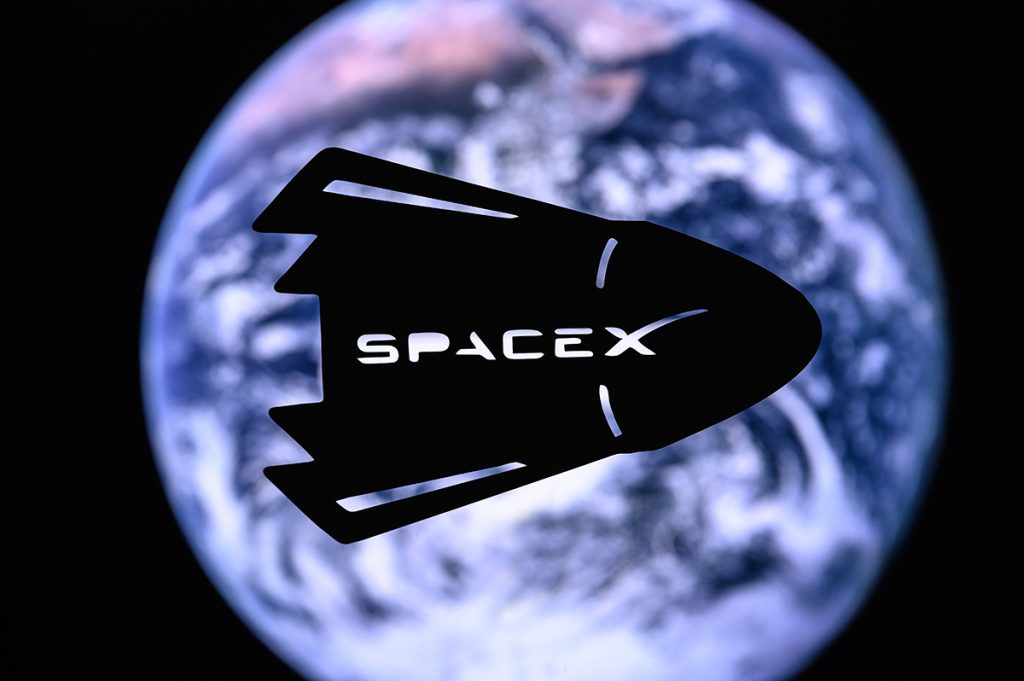In a landmark development for Indonesia’s digital connectivity, Elon Musk’s SpaceX has officially launched its Starlink satellite internet service in the Southeast Asian nation. The initiative, undertaken in collaboration with Indonesian Health Minister Budi Gunadi Sadikin, aims to revolutionize internet access, particularly in remote and underserved areas across the vast archipelago.
Musk, the visionary entrepreneur behind SpaceX and Tesla, arrived in Bali, Indonesia, via private jet to oversee the launch ceremony. Dressed in a traditional green batik shirt, he emphasized the transformative potential of Starlink, which promises to bring high-speed internet to millions of Indonesians residing in distant corners of the country.
The deployment of Starlink marks a significant step forward in addressing Indonesia’s digital divide. With a population exceeding 270 million spread across three different time zones, ensuring universal access to the internet has long been a challenge. However, with Starlink’s satellite-based infrastructure, even the most remote islands can now benefit from reliable connectivity.
During the launch event, Starlink was inaugurated at three strategic health centers, including two in Bali and one on the remote island of Aru in Maluku. Demonstrations showcased how high internet speeds facilitated real-time data input, enabling healthcare professionals to better combat prevalent issues such as stunting and malnutrition.
While speculation had swirled regarding Musk’s potential interest in Indonesia’s burgeoning electric vehicle (EV) industry, he reiterated his primary focus on Starlink. Nevertheless, Indonesia’s government has persistently sought to attract Tesla for EV manufacturing plants, leveraging the nation’s abundant nickel resources.
In addition to overseeing the Starlink launch, Musk is slated to meet with Indonesian President Joko Widodo during his visit. His itinerary also includes addressing the World Water Forum, underscoring his multifaceted engagement with Indonesia’s development agenda.
Communications Minister Budi Arie Setiadi confirmed Starlink’s commercial availability, signaling the government’s commitment to prioritizing internet access for outer and underdeveloped regions. With permits secured for operating as an internet service provider and providing networks, Starlink is poised to play a pivotal role in bridging Indonesia’s digital gap.
SpaceX’s Starlink initiative has already gained traction beyond Indonesia’s borders. With ownership of approximately 60% of the satellites orbiting Earth, Starlink dominates the satellite internet sphere globally. Moreover, Indonesia joins Malaysia and the Philippines as the third Southeast Asian country to benefit from Starlink’s services.
Notably, Starlink’s impact extends far beyond consumer applications. In Ukraine, the technology is widely utilized by various sectors, including the military, hospitals, businesses, and aid organizations, underscoring its versatility and resilience in diverse operational environments.
As Indonesia embraces the digital age with newfound vigor, the introduction of Starlink heralds a new era of connectivity and innovation. With Musk’s visionary leadership and Indonesia’s commitment to progress, the partnership between SpaceX and the Southeast Asian nation holds immense promise for the future of digital infrastructure and economic development.


